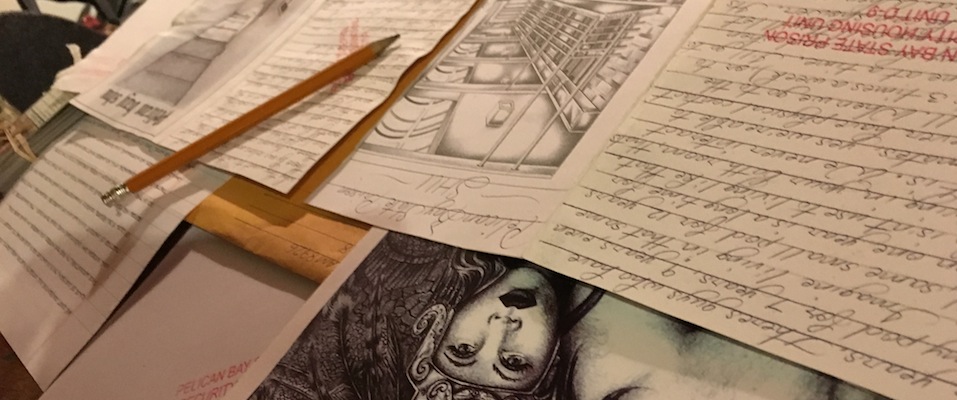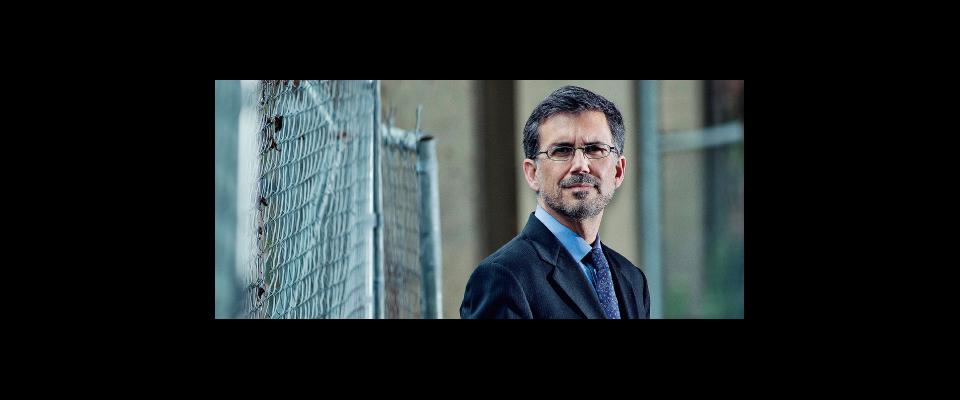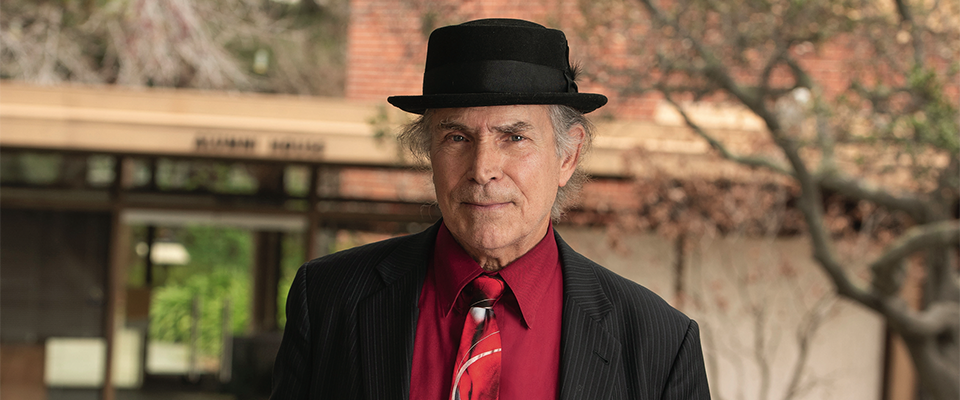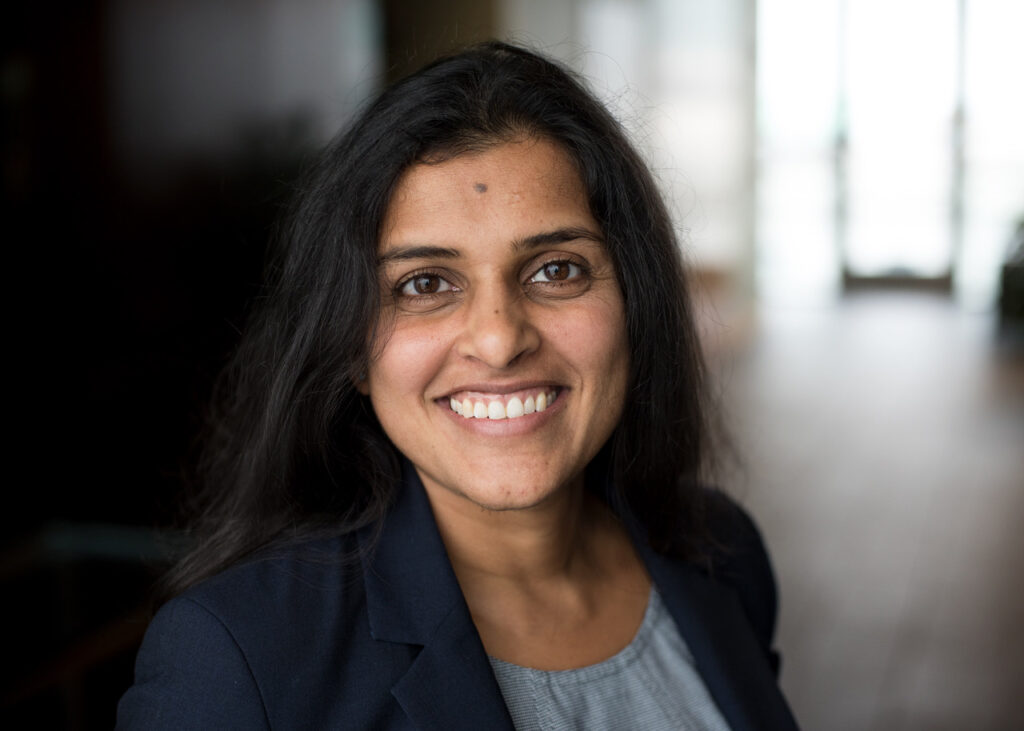I have been incarcerated most of my life, in and out of juvenile facilities as a minor, and as an adult I’ve been in and out of the prison system therefore spending many years in solitary confinement. My first experience of solitary confinement was in 2001. Being behind bars in a cell is bad enough, but getting placed in “The hole” is a dark, lonely, and eerie place. There is a misconception that society has. Many believe that rehabilitation is possible and that one is provided with educational opportunities and guidance when in solitary confinement, but I myself can tell you that that is absolutely not the truth.
As a matter of fact, it is the opposite. Serving time in solitary confinement affects a person’s way of thinking, a person’s demeanor, so they become anti-social, paranoid, and depressed. No matter how strong willed one might be, being caged up 23 hours a day, not being able to take a shower every day, not being able to see daylight, and overall just being confined, is something that can break anybody down emotionally.
In order to survive and keep your sanity in prison, you have to keep your mind occupied—with positive thoughts. I kept my mind occupied by drawing, reading, writing poems, working out and writing letters to loved ones.
Amongst all the emotional and physical chaos of being incarcerated, you also find out who is truly there to encourage you and provide you with wisdom that helps you see light at the end of the tunnel. Just knowing you have someone outside of prison who thinks about you and takes time out of their day to write you when they can be using their time doing other stuff, is a feeling that touches your heart.
A very dear friend of mine who started off as just a pen pal has been very inspiring to my life. A UC Berkeley undergrad when we met, my friend was not only there for me while I was incarcerated, but has continued to provide resources to me that have helped me out now that I am out. I am very fortunate to have met such a person.
Solitary confinement deteriorates the brain, and it has been proven to have long-term effects on an individual’s way of life. Having nobody to talk or communicate with is a very desolate feeling. Not being able to tell someone you are hungry, that you are in pain, that something hurts, or even just the fact that you feel sick and there is nobody that cares or is willing to take care of you really affects you mentally and emotionally. I had to educate myself and keep my mind occupied with positive thoughts in order to keep myself from going insane. I learned to be strong mentally and did a lot of work to prepare myself to re-enter society in a positive manner.
Emerging from prison has not been easy, but it is a relief. Not to mention feeling ecstatic and delighted to have physical contact with my loved ones. I was overwhelmed with joy. Although sometimes I’ve felt unsure, because coming from the environment I was in is a drastic change.
The difficult part of this transition has been not having resources to better myself in society and being judged because of my history. Although I have to start from scratch in the world, the support of my family, girlfriend and a few close friends has definitely made my transition easier. I am willing to give it my all in order to earn their trust and to become a respectable and successful man; I just need to be given a chance by society.
I am passionate about bringing light and fighting for all those who are being unjustly tortured in these solitary confinement units. I’m passionate about the ideas I have and the goals to someday help the homeless and the less fortunate children who are struggling on these streets with no assistance to overcome all of this.
I can honestly say that I took many good things away from the dark place that I was in. For example, I have learned to have patience. One must really learn to possess patience, respect, and a strong will to put up with the brutality one is faced with daily.
I’ve also learned to have a sense of direction and I’ve used this quality since I’ve been released. Just because you aren’t released with hope and resources doesn’t mean that you’re doomed from the start. I exercise the discipline that I learned from being in prison. I am becoming a part of society in a positive way and I say this because when you walk on the right path, that path becomes clearer. You begin to see life in a different light.
Being a productive citizen in society comes with great responsibility. It is hard and sometimes overwhelming, but doing the right thing is nonnegotiable. It is what I have to do in order to prosper in life and to never disappoint all those who supported me and believed in me through this negative journey.
Over time, I found out that there are more people like my friend—dedicated activists fighting for the rights of prisoners. Where would prisoners be without people like them and all the other individuals from UC Berkeley and beyond who have been a big support to me and other prisoners? Gestures like these are what has kept me going and what has helped me get through all of this. Sometimes all that is needed is a glimpse of hope knowing you have support from loved ones.
I know that this is a struggle and that I am not fighting alone. For those who are also struggling, you are not alone. We can thank those individuals such as my friend and those who fight side by side with them for justice.





















